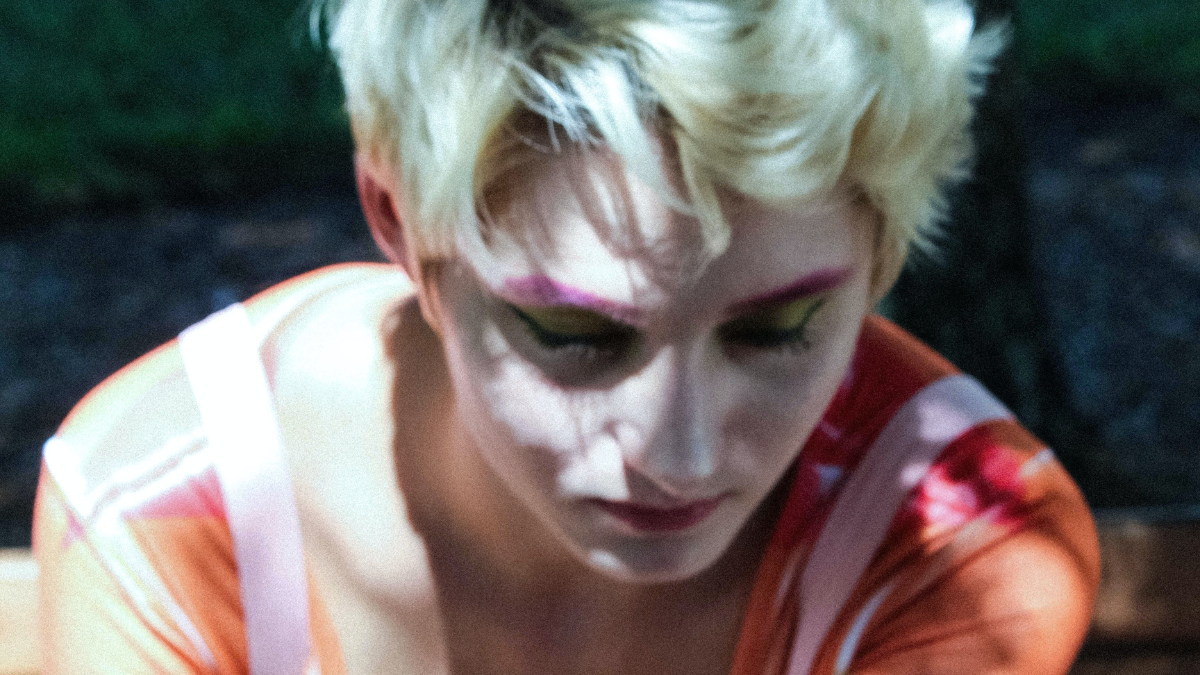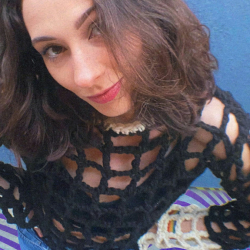I started in the ad industry back in 2010, and my overriding thought from my first week was this: What the hell have I done?
I’d left the world of auctioneering to start again in an industry that was completely new to me and I felt overwhelmed. From day one I was bombarded with three letter acronyms (TLAs as I came to know them), a list of titles as alien to me as the offside rule and more egos than a sitting government.
My response? I put on a mask. Or, more accurately, I put on numerous masks. The ‘I’ve got this’ mask, the ‘I know what you’re on about mask’, the ‘I’m not intimidated by you’ mask and this, my personal favourite; the ‘self deprecate and make light of my sexuality to fit in’ mask.
Some of those served me well, others, less so and unsurprisingly it was pretty exhausting. But why do we feel compelled to adopt different personas or to mask our true selves? Is it okay? And what have I learnt from a pre-pandemic life of mask wearing?
Let me address that last mask first. I’m not suggesting that my agency wasn’t accepting of me or my sexuality and at no point did I find myself on the receiving end of homophobia. In fact, compared with my previous industry it was worlds apart; they encouraged me to be a part of Outvertising, an incredible group, where I had the privilege to take on the role of co-director of Learning & Development for a number of years. However, the truth is that starting in a new industry is daunting for anyone and for those from minority groups that feeling is greatly amplified. I was fortunate to be in a supportive, accepting environment, but my sense of difference still felt heightened and my response was to use my masks to protect myself.
The Advertising Association’s All-In Census found that less than half (46%) of those who identify as LGBTQ+ felt they could be themselves at work. A shameful statistic. Similarly, only 37% of those from minoritised ethnic backgrounds felt the industry was inclusive of all kinds of people.
In the face of that, it is naive to assume that we can all ‘be ourselves’ all of the time. For some people masks play a critical part in self-preservation. ‘Coming out’ for instance, is something that happens not just once but multiple times (often daily), and I don’t believe there should be any expectation, duty, or pressure for someone to have to do it. However, no one should be forced to self-censor and if employers intentionally cultivate an inclusive environment, then the opportunity for more employees to be more of themselves will follow.
The masks we wear can offer us the chance to experiment and understand ourselves better
Let us not forget this is the first run at life for all of us. So, rather than being pure artifice, masks can give access to parts of ourselves that we’re only just starting to understand. Famous popular icons like Elton, Bowie and, more recently Gaga, are all examples of people who’ve experimented and crafted personas as a form of art. It’s known as Kaloprosopia, and whilst we may not be selling out stadiums, I’d argue it’s something we all do on some level. Take social media for instance, those carefully curated windows into our worlds are rarely representative of who we really are.
Which raises the question of where the line ought to be drawn. At what point do our masks hinder rather than help us?
I’m certain there have been moments along the way where I lost sight of what was at my core and spent too much energy on projecting who I thought I ought to be. Reaching for the ‘I know what you’re on about mask’ when in reality I should have been asking, politely, ‘what are you on about?’. The danger when that becomes the norm is that it can very quickly unravel, leaving you exposed or at risk of getting lost in a facade of multiple characters. Importantly it is a short-term tactic that limits your opportunity for growth. My experience tells me it is far better to be true to your values and project the person you know you are, than wasting energy play-acting for other peoples’ benefit.
It calls for a high degree of self awareness to gain clarity over your values and how they best come to life through your actions. It takes bravery to open up and navigate what being authentic at work means for you.
And courage to check in and acknowledge when you are truly presenting another side to yourself or when, in fact, you’re wearing another mask.
No one should have to navigate this alone
Employers can play an active role by providing access to support through services like coaching and ensuring that everyone within the business is consistently doing their part to support a culture of psychological safety.
Before founding Common Good Co. we knew the stats that demonstrated the impact coaching can have. A widely cited study shows 80% of those who worked with a coach reported increased self confidence and 70% benefited from improved relationships, communication and work performance.
We’ve been working as coaching partners to creative businesses for the last three years and recognise the privileged position that puts us in. Not only are we able to help people understand why they’re using masks in certain situations and replace them with more useful strategies, we also get to see those businesses reap the benefits of unmasking their talents’ true potential.
The truth about mask wearing is this: whether out of self preservation or self development, we all find ourselves wearing them from time to time. The key is ensuring that you strike the right balance and remain authentic to yourself.
Featured image: Mahrael Boutros / Pexels




























